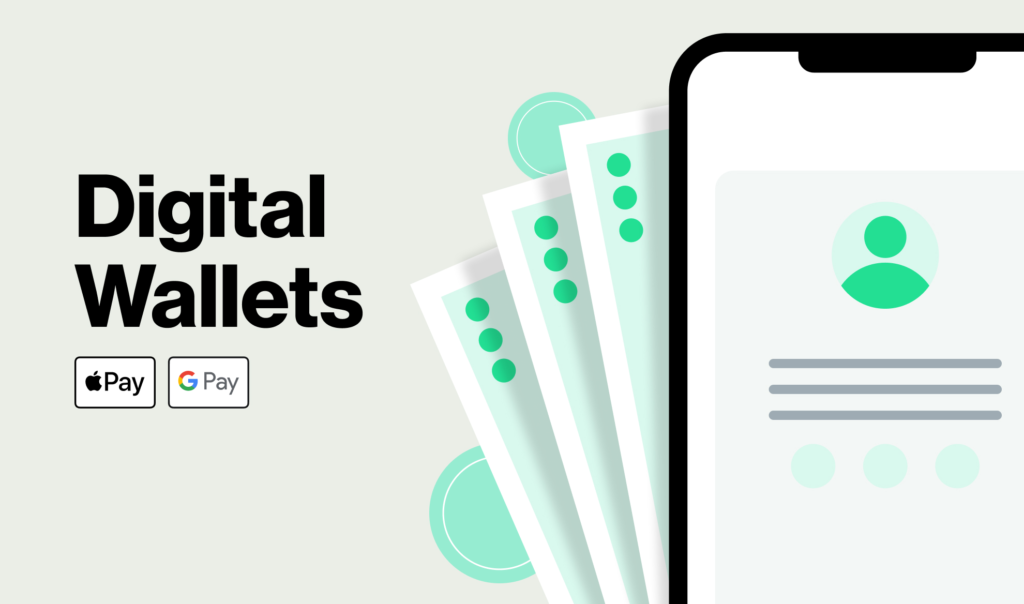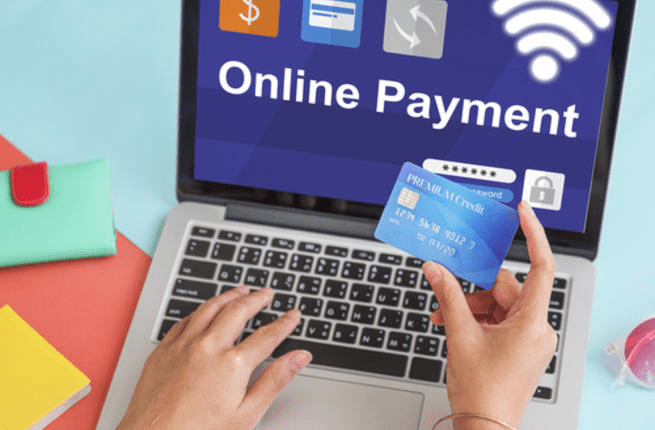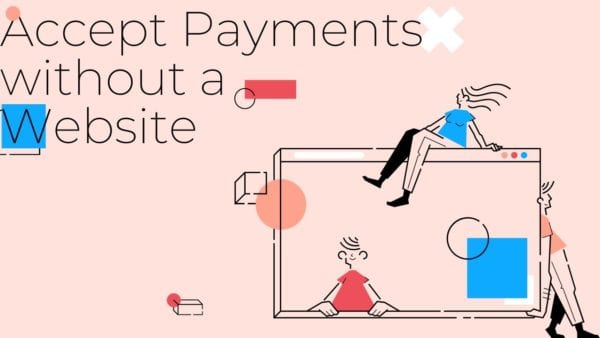AUTHOR : SOFI PARK
DATE : 2/11/2023
In today’s digital age, the concept of online payments has transformed the way we conduct business, shop, and even donate to causes. Websites have become more than just sources of information or platforms for various services. They have evolved into a fundamental aspect of the modern economy, enabling seamless and secure financial transactions. In this article, we will explore the world of payment processing on websites, emphasizing its significance, methods, and the overall user experience.
Why Payment Processing Matters
Payment processing is a vital component of websites, playing a pivotal role in their ability to monetize products, services, or content. It enables businesses, organizations, and individuals to accept payments online, making it an indispensable element for any website with commercial or fundraising objectives.

For businesses, efficient payment processing allows them to expand their customer base beyond geographical boundaries. With a global reach, online businesses can attract and serve clients from different corners of the world, significantly increasing their revenue potential.
The Gateway to Online Payments
At the heart of online payment processing lies the payment gateway. A payment gateway serves as the technology bridge that connects websites to financial networks, facilitating the secure and efficient transfer of funds between customers and website owners.

Popular Payment Gateways
There is a wide array of payment gateways [1]available, each with its own own unique features, pricing structures, and suitability for various types of websites. Some of the most commonly used payment gateways include:
- PayPal: PayPal is one of the most recognizable names in the online payment industry. It offers a straightforward setup and a trusted reputation.
- Stripe: Stripe is a developer-friendly platform, known for its ease of integration and robust security features.
- Square: Square is well-suited for small businesses, offering a point-of-sale system and payment processing solutions.[2]
- Authorize.Net: Authorize.Net is a longstanding player in the payment gateway space, providing a wide range of features and reliable services.
Diverse Payment Methods
Online payments are not limited to a single method. Websites cater[3] to diverse customer preferences, offering various payment options to ensure convenience and flexibility.

Credit and Debit Cards
Credit and debit cards remain the most prevalent online payment method[4]. They provide convenience and speed, making them the preferred choice for many consumers. Accepting card payments is essential for any website that aims to attract a wide audience.
Digital Wallets
Digital wallets, such as Apple Pay, Google Wallet[5], and PayPal, add an extra layer of security to online transactions. They don’t expose the user’s card details to the website, increasing the trust factor.

Bank Transfers
Bank transfers are ideal for large transactions, especially in the case of international purchases. However, they may involve higher fees and longer processing times compared to card payments.
Cryptocurrencies
Cryptocurrencies like Bitcoin and Ethereum have gained popularity due to their security and international usability. They offer a borderless and decentralized payment solution, but their acceptance is not as widespread as traditional methods.
Securing the Transaction
Ensuring the security of payment transactions is paramount. Both website owners and customers need to have confidence that their financial data is protected. This is achieved through various security measures, such as:
- SSL Encryption: Secure Socket Layer (SSL) encryption ensures that data transmitted between the user’s browser and the website is encrypted and secure.
- PCI Compliance: Payment Card Industry Data Security Standard (PCI DSS) compliance is crucial for websites that handle cardholder data. It sets security standards for the protection of sensitive information.
- Two-Factor Authentication (2FA): Implementing 2FA adds an extra layer of security, requiring users to provide two forms of verification before completing a transaction.
The User Experience
A seamless and user-friendly payment process is vital for customer satisfaction. Websites that offer a hassle-free payment experience tend to have higher conversion rates. To enhance the user experience, websites should consider:
- Streamlined Checkout: Reducing the number of steps in the checkout process can minimize friction and boost conversions.
- Responsive Design: Ensuring that the payment process is optimized for mobile devices is essential, given the increasing use of smartphones for online transactions.
Trust, the Foundation of Online Payments
Building trust with customers is an essential aspect of online payments. A secure and reliable payment process is a key element in establishing this trust. In addition to technical security measures, websites can enhance trust through transparent communication, clear refund policies, and responsive customer support.

Conclusion
payment processing is the lifeblood of websites that rely on online transactions. It has revolutionized the way businesses and individuals conduct financial transactions. As technology continues to evolve, online payments will only become more accessible and secure, opening up new possibilities for e-commerce, fundraising, and digital services.
FAQs
1. What is a payment gateway?
A payment gateway is a technology that connects websites to financial networks, allowing secure transfer of funds between customers and website owners.
2. What are some popular payment gateways?
Popular payment gateways include PayPal, Stripe, Square, and Authorize.Net, each with unique features and pricing.
3. What are the common payment methods on websites?
Common payment methods on websites include credit and debit cards, digital wallets, bank transfers, and cryptocurrencies.
4. How important is security in online payment processing?
Security is paramount in online payment processing to protect customer data and prevent fraud.
5. What is the future of online payments?
The future of online payments is expected to include advances in security, greater use of cryptocurrencies, and innovations in mobile payment methods.





